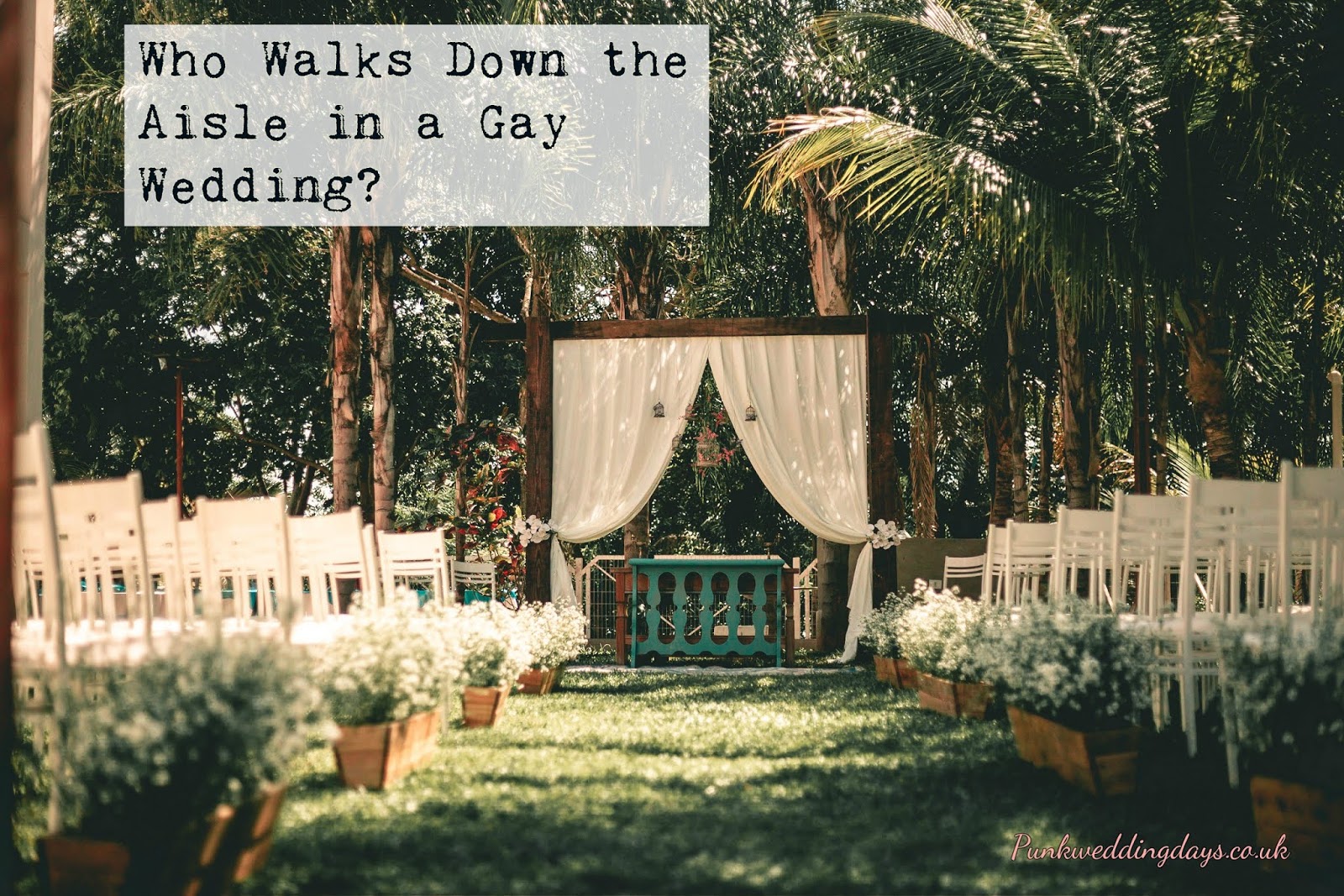Should You Buy Wedding Insurance?
What if it rains on my wedding day? We thought it would be a good opportunity to talk about wedding insurance.
Okay, so it isn’t the most glamorous of topics, but it’s probably one of the more necessary conversations you’ll have with your partner in the early stages of planning a wedding.
At least, you should be talking about it. Financial protection makes a whole lot of sense when you're investing thousands of pounds into a single day.
Okay, so it isn’t the most glamorous of topics, but it’s probably one of the more necessary conversations you’ll have with your partner in the early stages of planning a wedding.
At least, you should be talking about it. Financial protection makes a whole lot of sense when you're investing thousands of pounds into a single day.
Weddings are expensive and often planned many months, if not years, in advance. Most of us wouldn’t think twice about having car insurance, house insurance or travel insurance, but there’s something about wedding insurance that seems to warrant easy dismissal.
Let's not forget that life has a tendency, at times, to go a little sideways, and your wedding day will not be magically protected from this just because it's YOUR day.
What would you do if:
- The venue you’d booked suddenly closed down, burned down or was flooded?
- The service provider you’d been working with went out of business, ran away with your money, or died?
- Someone broke into your home two days before the wedding and stole your wedding rings, your suits or the final payment to the venue?
- Either you or your partner became seriously ill or died?
- Your Father, Your Mother or someone in your immediate family became seriously ill, had an accident or died?
- Record levels of snow started falling days before the wedding and your guests start cancelling by the dozen?
 These aren’t nice things to have to think about. In fact, they’re downright awful, but they’re all things that could happen. They’re all things that have happened to other couples: couples who probably didn't see it coming either.
These aren’t nice things to have to think about. In fact, they’re downright awful, but they’re all things that could happen. They’re all things that have happened to other couples: couples who probably didn't see it coming either.
If you don’t think you’ll need insurance, that’s fine. There is, however, one thing that ANYONE can do to ensure some degree of financial protection and that's pay for anything between £100 and £30,000 on a credit card. This is enshrined in law; it’s section 75 of the Consumer Credit Act. You’ll be covered for problems with goods or services that constitute a breach of contract.
Essentially, you're protected if the florist doesn’t turn up, if the caterer goes bust or if the reception venue suddenly says they can’t have you. The law is clear on the rights of the consumer to claim money back when a service is not provided. Whilst it might not take the disappointment away, it should, at least, ensure that there’s no additional financial burden. Just be sure to pay any amount over £100 on a credit card, because if you’re paying by cash, cheque or debit card, then you will not be covered.
If you do decide to take out wedding insurance, then we’ve put together a few tips and tricks that should help. Please bear in mind, however, that we're not experts in this field in any field, and you should always thoroughly research your options when choosing a policy.
- Firstly, work out how much your wedding is actually worth: the price of the venue, the service providers, the rings etc. There’s no point taking out cover for a £10,000 wedding if it’s actually going to cost you twice that. If you haven’t yet made concrete plans, then work out an estimate. Most insurers will allow you to pay extra if you spend over your original cover amount.
- Secondly, the most expensive element of your day is most likely be your wedding venue, and this is where you’ll need to pay close attention to the coverage. Make sure you’re covered for cancellation and rearrangement. This is crucial if a member of your party is taken ill or if the venue has a major issue in the run-up to the big day. It means you can call the whole thing off or move the wedding to another date or venue if you need to.
- Check that you're covered for loss or damage to any dresses, suits, rings, photographs or videos etc. Any decent policy should offer comprehensive protection of these items and more, but it's worth being clear about how much coverage you'll have. Be aware that some items might have to be added on for an additional cost.
- Make sure that the company you use is regulated by the Financial Standards Authority (FSA). Check, too, the name of their underwriters. All of this information should be clearly stated on the policy documents and website.
- Wedding insurance is not your get-out-of-jail-free card. You won’t be covered if someone gets cold feet and does a runner. Equally, you won’t be covered if you run out of money and have to cancel, so hold back on the troop of dancing leopards until the venue and non-negotiables are paid for.
- Check what isn't covered by the policy. If you've ever taken out insurance before, then you'll know how sneaky some companies can be in the small print. The trick is to never assume anything. If you have to, then consider extending your coverage with the insurer. It's a good opportunity to check exemptions as in certain situations they won't pay out: damage caused when in a negligent state, items stolen when left unsupervised in unlocked places etc.
- Don’t leave buying your insurance until the last minute. Most companies will suspend coverage for a policy when a claim becomes inevitable. The sooner you have the insurance, the sooner you can relax. Insurers will only cover you for things that are beyond your control and not what you're warned you about three days before.
- Make sure that you’re honest when setting up the policy. This might mean disclosing medical conditions about you, your partner and your close family. Protecting your wedding day is no different to setting up a car, life, home, contents or travel insurance policy. Don’t give an insurer the opportunity to dismiss your claim by being willfully or accidentally misleading when you apply.
Realistically, the cost of taking out wedding insurance will be a drop in the ocean compared to the final cost of the wedding itself. Peace of mind might not have been something you'd planned to include in the budget, but it could end up saving you from financial distress later on.
If you do decide to proceed with a policy, then be sure to shop around and ask questions. Make sure you have realistic expectations of the coverage you're taking out: that you understand the limitations of a policy as well as the benefits. There are plenty of companies willing to insure your wedding, but we'd recommend starting off on the impartial Which? website.
Feel free to comment below and let us know what you think about wedding insurance. You can also get in touch via our Twitter and Facebook pages.









